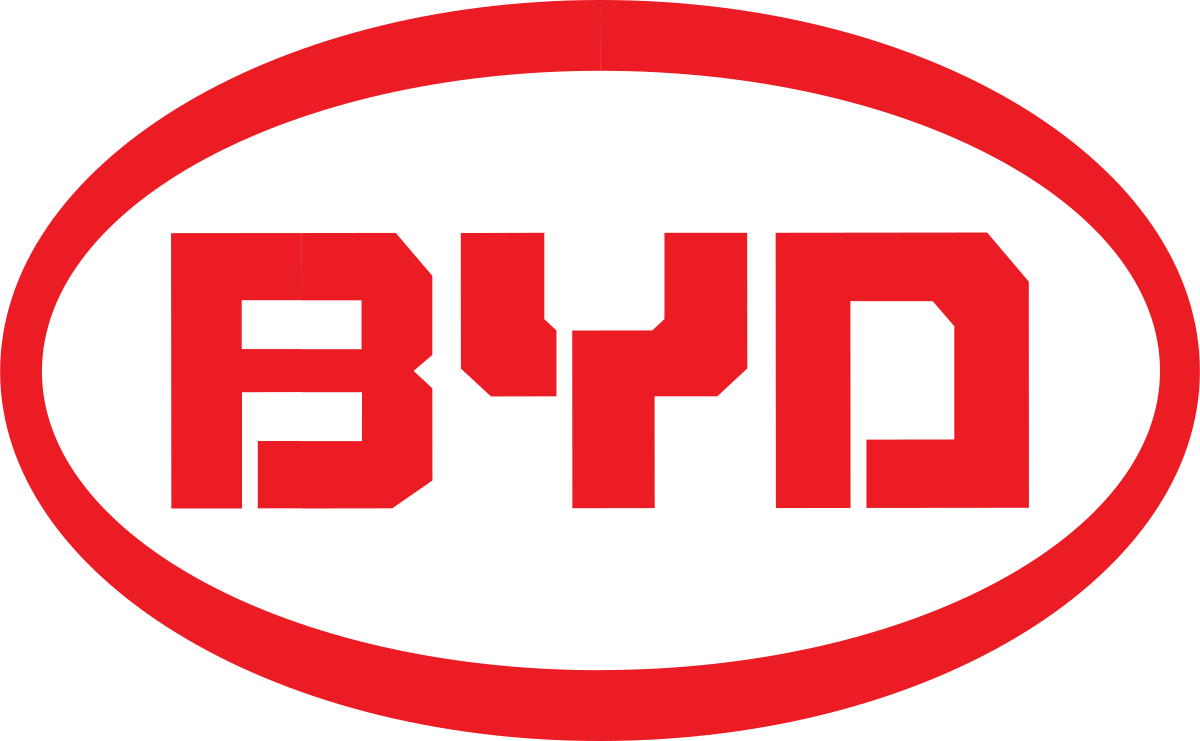What Are the Advantages and Disadvantages?
Did you know that the energy sun provides to the earth for one hour could meet the global energy needs for one year? Undoubtedly, the sun is a powerful energy source, and even though we are not able but to collect a fraction of this energy, yet harnessing this power by installing solar panels can make a significant difference to the planet.
While it has been widely criticised for being expensive or inefficient, solar energy has now proved to be extremely beneficial - not only for the environment but also for the private economy.
Thanks to available solar panel grants, as well as, the increasingly competitive prices in the market, solar energy has become the main source of energy for more and more families. The technology has been drastically improved the last years and has been complemented by solar battery storage systems, turning solar into a significantly more efficient source of clean energy.
However, there are always downsides no matter the energy source you choose to analyse. Xcel Solar Power has outlined the key advantages and disadvantages of solar power in the following points:
Advantages of Solar Energy
1. Renewable Energy Source
Among all the benefits of solar panels, the most important thing is that solar energy is a truly renewable energy source. It can be harnessed in all areas of the world and is available every day. We cannot run out of solar energy, unlike some of the other sources of energy.
Solar energy will be accessible as long as we have the sun, therefore sunlight will be available to us for at least 5 billion years when according to scientists the sun is going to die.
2. Reduces Electricity Bills
Since you will be meeting some of your energy needs with the electricity your solar system has generated, your energy bills will drop. How much you save on your bill will be dependent on the size of the solar system and your electricity or heat usage.
For example, if you are a business using commercial solar panels this switch can have huge benefits because the large system size can cover large chunks of your energy bills.
Moreover, not only will you be saving on the electricity bill, but there is also a possibility to receive payments for the surplus energy that you export back to the grid through the Smart Export Guarantee (SEG). If you generate more electricity than you use (considering that your solar panel system is connected to the grid).
3. Diverse Applications
Solar energy can be used for diverse purposes. You can generate electricity (photovoltaics) or heat (solar thermal). Solar energy can be used to produce electricity in areas without access to the energy grid, to distil water in regions with limited clean water supplies and to power satellites in space.
Solar energy can also be integrated into the materials used for buildings. Not long ago Sharp introduced transparent solar energy windows.
4. Low Maintenance Costs
Solar energy systems generally don’t require a lot of maintenance. You only need to keep them relatively clean, so cleaning them a couple of times per year will do the job. If in doubt, you can always rely on specialised cleaning companies, which offer this service from around INR 200 to INR 300 PER KW.
Most reliable solar panel manufacturers offer 20-25 years warranty.
Also, as there are no moving parts, there is no wear and tear. The inverter is usually the only part that needs to be changed after 5-10 years because it is continuously working to convert solar energy into electricity and heat (solar PV vs. solar thermal). Apart from the inverter, the cables also need maintenance to ensure your solar power system runs at maximum efficiency.
So, after covering the initial cost of the solar system, you can expect very little spending on maintenance and repair work.
5. Technology Development
Technology in the solar power industry is constantly advancing and improvements will intensify in the future. Innovations in quantum physics and nanotechnology can potentially increase the effectiveness of solar panels and double, or even triple, the electrical input of the solar power systems.
Disadvantages of Solar Energy
1. Cost
The initial cost of purchasing a solar system is fairly high. This includes paying for solar panels, inverter, batteries, wiring, and the installation. Nevertheless, solar technologies are constantly developing, so it is safe to assume that prices will go down in the future.
2. Weather-Dependent
Although solar energy can still be collected during cloudy and rainy days, the efficiency of the solar system drops. Solar panels are dependent on sunlight to effectively gather solar energy. Therefore, a few cloudy, rainy days can have a noticeable effect on the energy system. You should also take into account that solar energy cannot be collected during the night.
On the other hand, if you also require your water heating solution to work at night or during wintertime, thermodynamic panels are an alternative to consider.
3. Solar Energy Storage Is Expensive
Solar energy has to be used right away, or it can be stored in large batteries. These batteries, used in off-the-grid solar systems, can be charged during the day so that the energy is used at night. This is a good solution for using solar energy all day long but it is also quite expensive.
In most cases, it is smarter to just use solar energy during the day and take energy from the grid during the night (you can only do this if your system is connected to the grid). Luckily your energy demand is usually higher during the day so you can meet most of it with solar energy.
4. Uses a Lot of Space
The more electricity you want to produce, the more solar panels you will need, as you want to collect as much sunlight as possible. Solar PV panels require a lot of space and some roofs are not big enough to fit the number of solar panels that you would like to have.
An alternative is to install some of the panels in your yard but they need to have access to sunlight. If you don’t have the space for all the panels that you wanted, you can opt for installing fewer to still satisfy some of your energy needs.
5. Associated with Pollution
Although pollution related to solar energy systems is far less compared to other sources of energy, solar energy can be associated with pollution. Transportation and installation of solar systems have been associated with the emission of greenhouse gases.
There are also some toxic materials and hazardous products used during the manufacturing process of solar photovoltaic systems, which can indirectly affect the environment.
Nevertheless, solar energy pollutes far less than other alternative energy sources.
Make the Transition to Solar Energy Today!
There are pros and cons to solar energy, but if this article has sparked your interest, you can check out our 6-step guide that will help you find the best solar panels for your home. We cover everything from roof suitability, solar panel type, cost, how to save with solar panels, and maintenance.
Has this sparked your interest in solar energy? We can help you find your best deal! Simply fill in the contact form at the top of this page and we will get back to you with up to 4 quotes from our professional installers. Take a minute to complete the form and save hours of research! Our service is totally free and non-binding!



